Microsoft is working on AI chips for different devices, will license them to partners
2 min. read
Published on
Read our disclosure page to find out how can you help MSPoweruser sustain the editorial team Read more

Back in July, Microsoft revealed that they have designed a new AI chip that will be part of next version of HoloLens. The HoloLens vNext will feature the second version of the HPU that will include an AI coprocessor to natively and flexibly implement Deep Neural Networks on the device. Microsoft said that this new AI chip will support a wide variety of layer types and HoloLens team have customised it according to their needs.
In an interview to CNBC, Microsoft hardware chief Panos Panay said that they are working on AI chips for different devices in addition to HoloLens.
“We have to continue to find those pieces of silicon, those chipsets that have to be developed to bring sensors to life, to connect people with each other and with their products,” Panay told.
Recently AI processors have become popular among consumers as smartphone OEMs including Apple, Huawei, and Google have included them in their latest flagship mobile devices to run AI jobs more efficiently. For example, the AI coprocessor in the upcoming HoloLens can run continuously, off the battery, allowing features such as more sophisticated hand tracking with hand-part segmentation and on-device voice recognition without having to send samples to the cloud.
Another interesting thing Panay revealed today is that Microsoft is working with its partners to bring these chips to market.
“I think one of the most important things that we do in Surface and in our chip development is… the opportunity to make sure we get the technology created within Surface and then proliferate it with our partners and give everybody the opportunity to use it,” Panay told CNBC.
If Microsoft licenses its HPU and AI chips to Windows OEMs, we can expect many HoloLens-like headsets in the future.
Source: CNBC

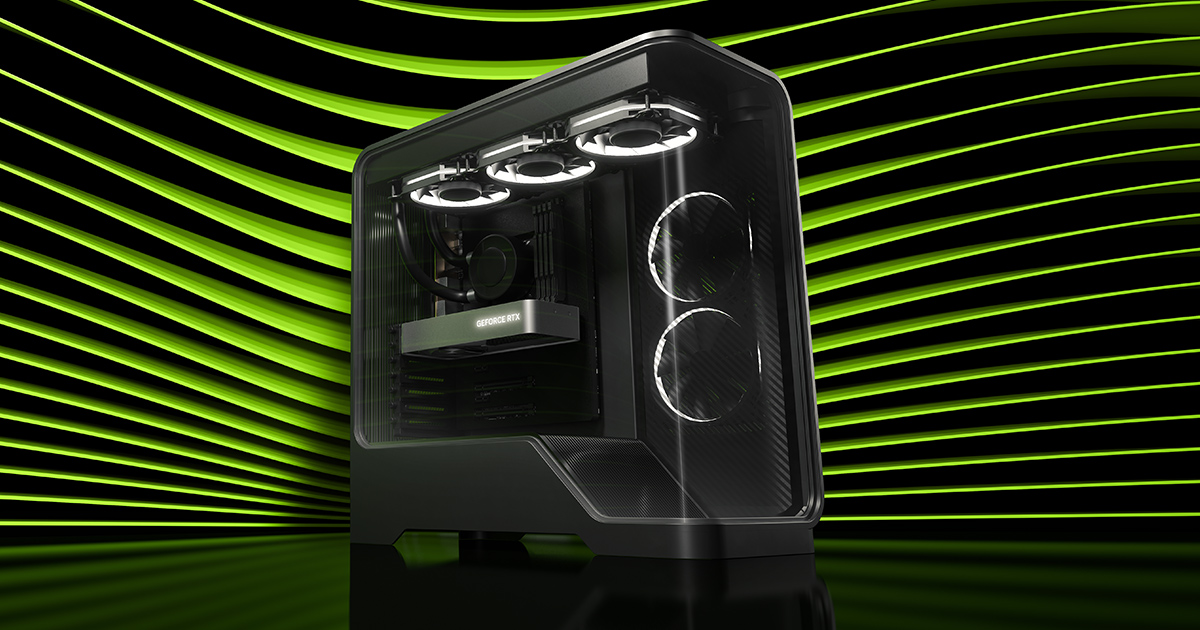


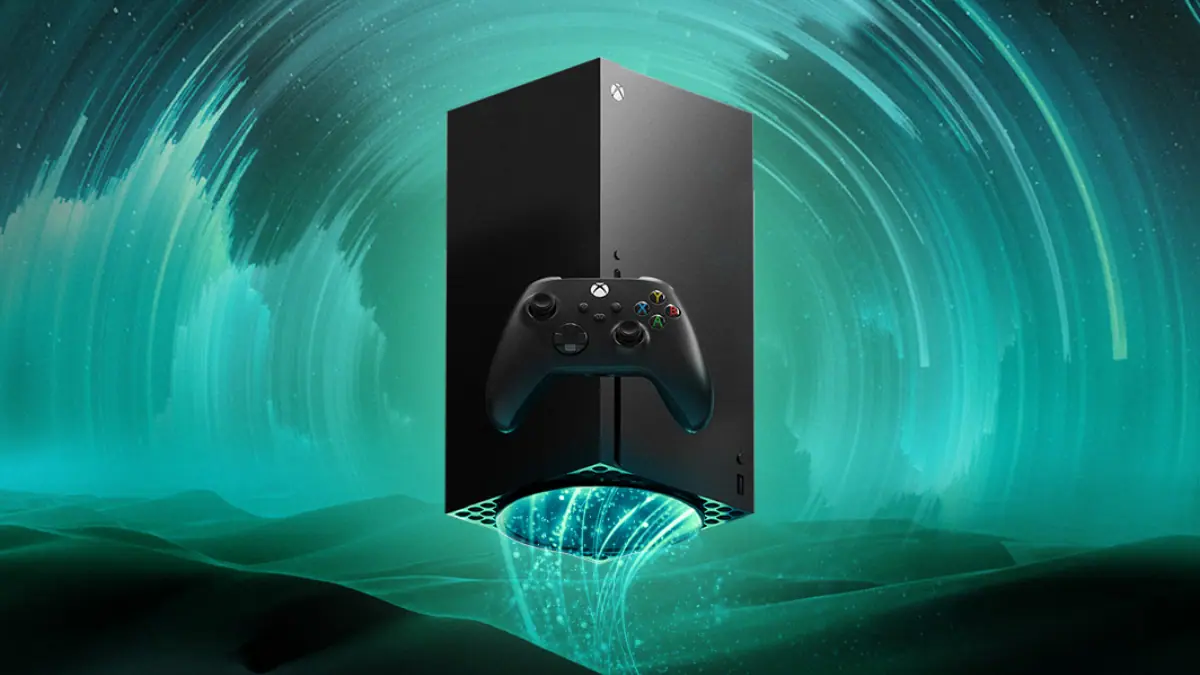
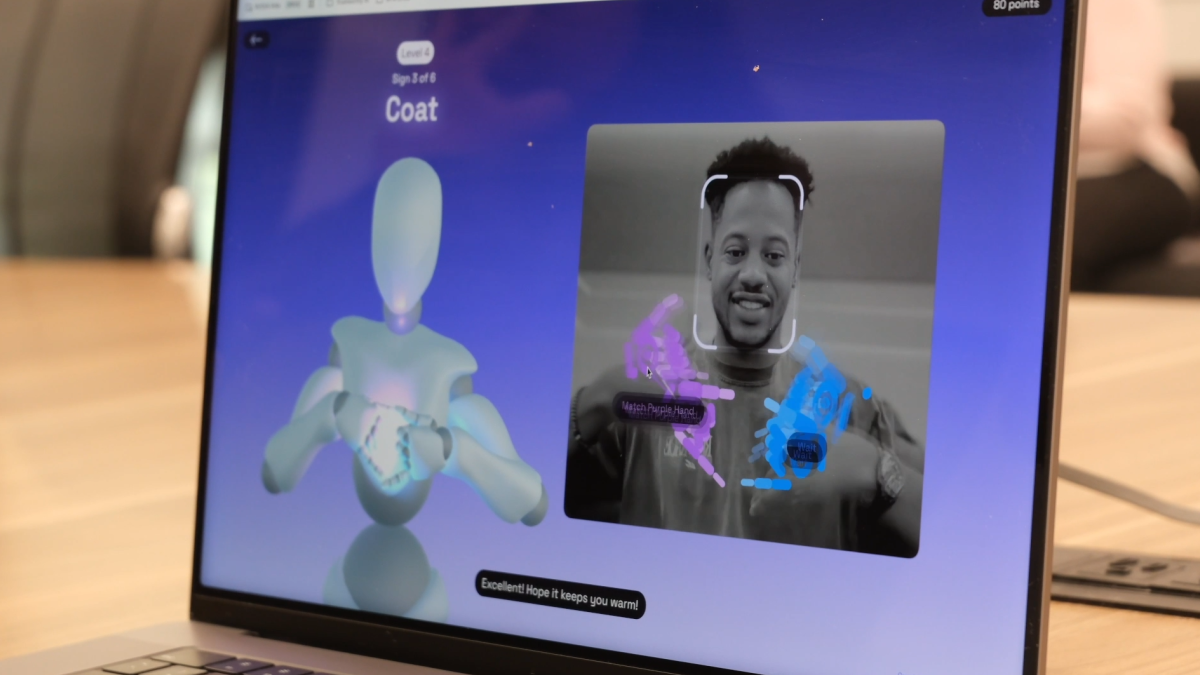

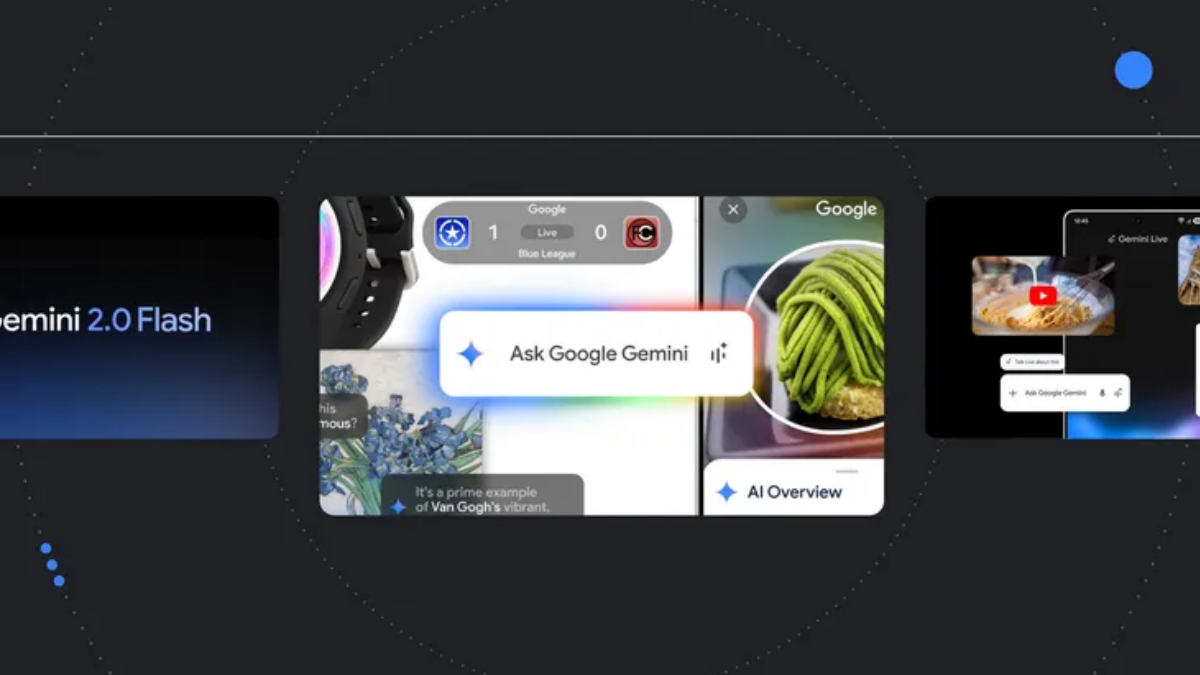
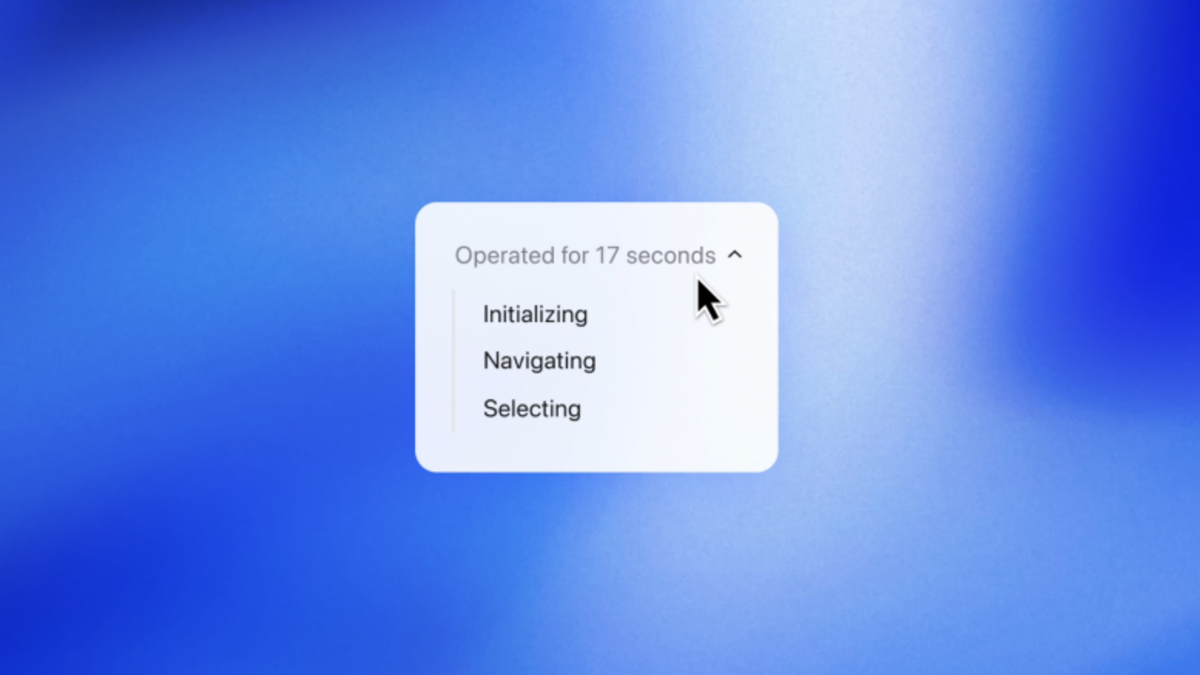
User forum
0 messages